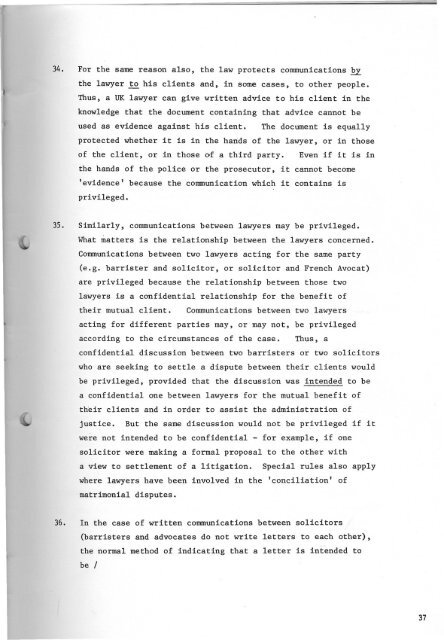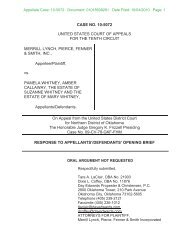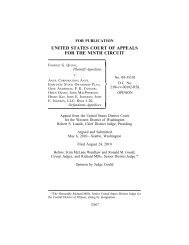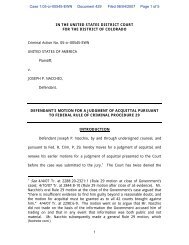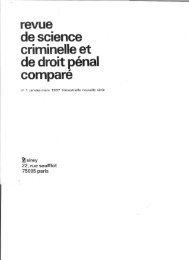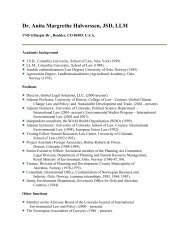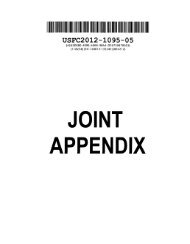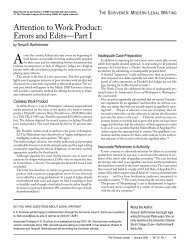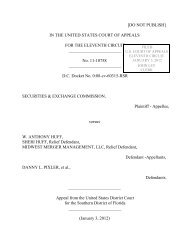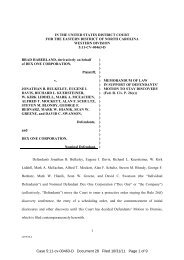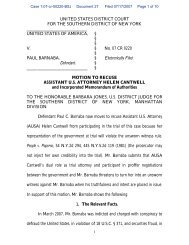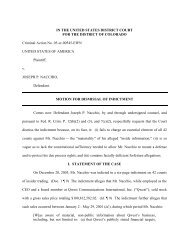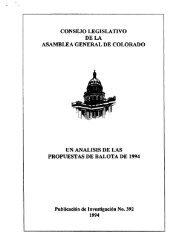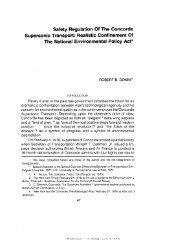The Professional Secret, Confidentiality and Legal Profession ...
The Professional Secret, Confidentiality and Legal Profession ...
The Professional Secret, Confidentiality and Legal Profession ...
You also want an ePaper? Increase the reach of your titles
YUMPU automatically turns print PDFs into web optimized ePapers that Google loves.
34. For the same reason also, the law protects communications Ez<br />
the lawyer to his clients <strong>and</strong>, in some cases, to other people.<br />
Thus, a UK lawyer can give written advice to his client in the<br />
knowledge that the document containing that advice cannot be<br />
used as evidence against his client. <strong>The</strong> document is equally<br />
protected whether it is in the h<strong>and</strong>s of the lawyer, or in those<br />
of the client, or in those of a third party. Even if it is in<br />
the h<strong>and</strong>s of the police or the prosecutor, it cannot become<br />
'evidence' because the communication which it contains is<br />
privileged.<br />
35. Similarly, communications between lawyers may be privileged.<br />
What matters is the relationship between the lawyers concerned.<br />
Communications between two lawyers acting for the same party<br />
(e.g. barrister <strong>and</strong> solicitor, or solicitor <strong>and</strong> French Avocat)<br />
are privileged because the relationship between those two<br />
lawyers is a confidential relationship for the benefit of<br />
their mutual client. Communications between two lawyers<br />
acting for different parties may, or may not, be privileged<br />
according to the circumstances of the case. Thus, a<br />
confidential discussion between two barristers or two solicitors<br />
who are seeking to settle a dispute between their clients would<br />
be privileged, provided that the discussion was intended to be<br />
a confidential one between lawyers for the mutual benefit of<br />
their clients <strong>and</strong> in order to assist the administration of<br />
justice. But the same discussion would not be privileged if it<br />
were not intended to be confidential - for example, if one<br />
solicitor were making a formal proposal to the other with<br />
a view to settlement of a litigation. Special rules also apply<br />
where lawyers have been involved in the 'conciliation' of<br />
matrimonial disputes.<br />
36. In the case of written communications between solicitors<br />
(barristers <strong>and</strong> advocates do not write letters to each other),<br />
the normal method of indicating that a letter is intended to<br />
be /<br />
37


